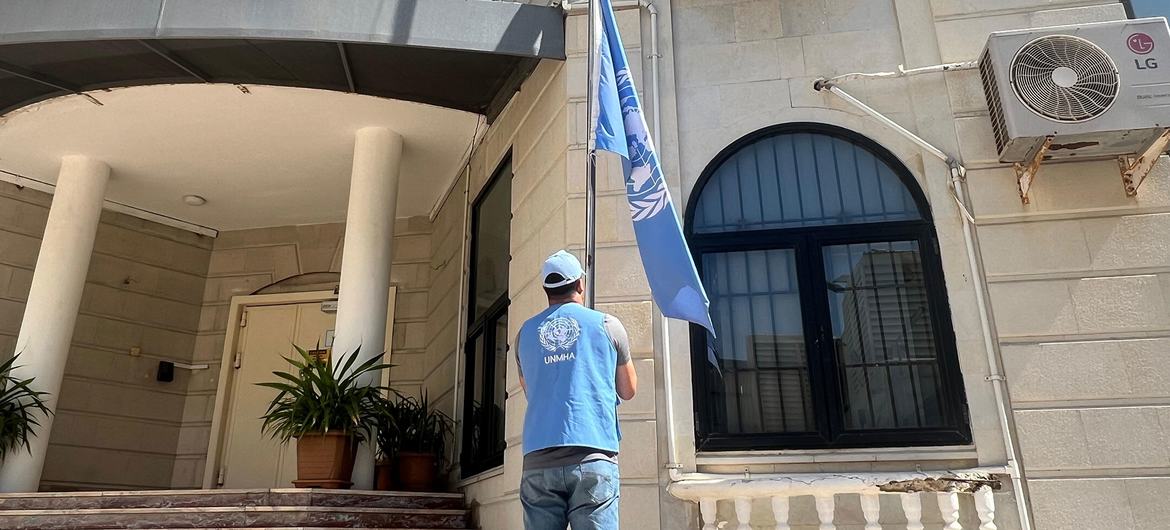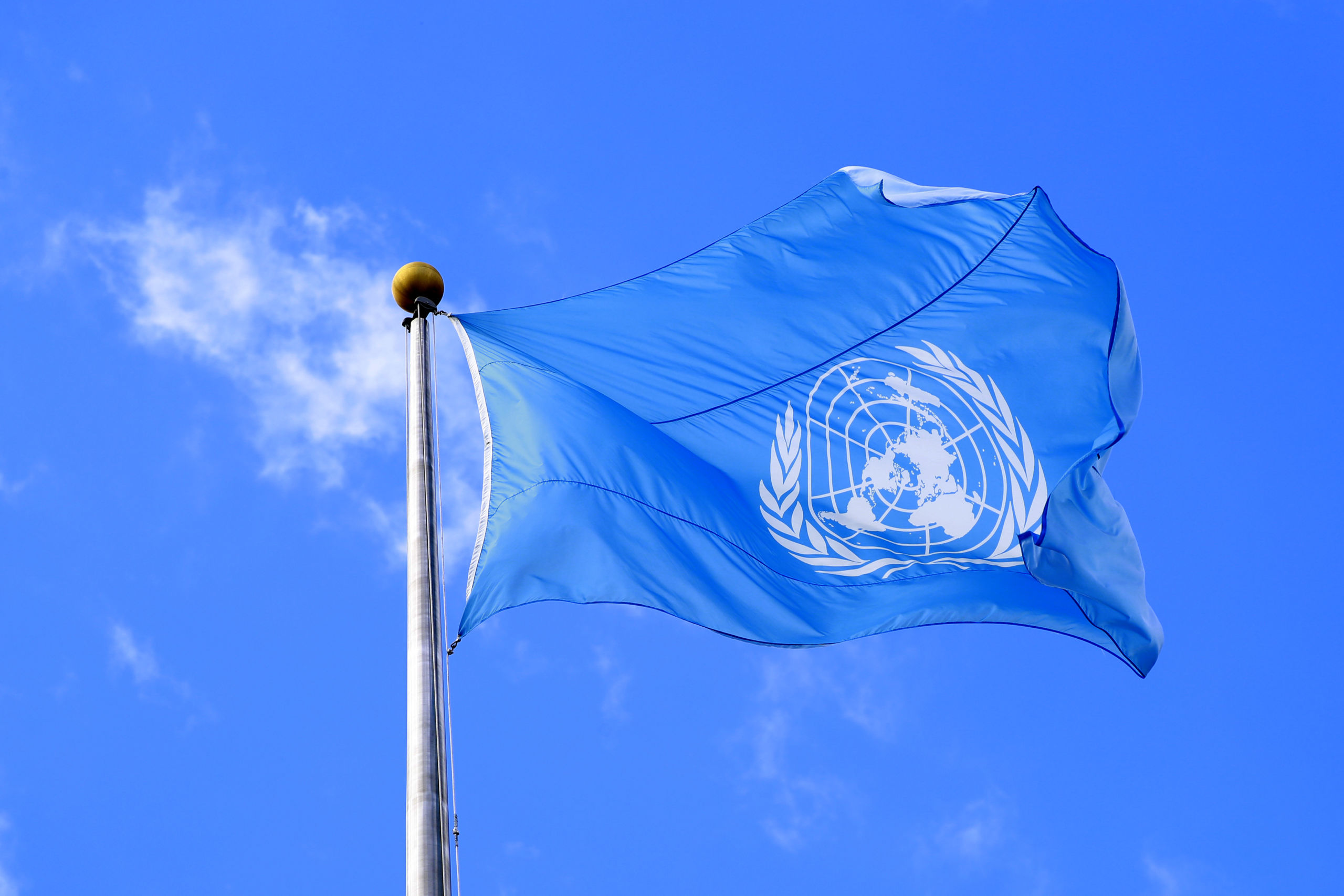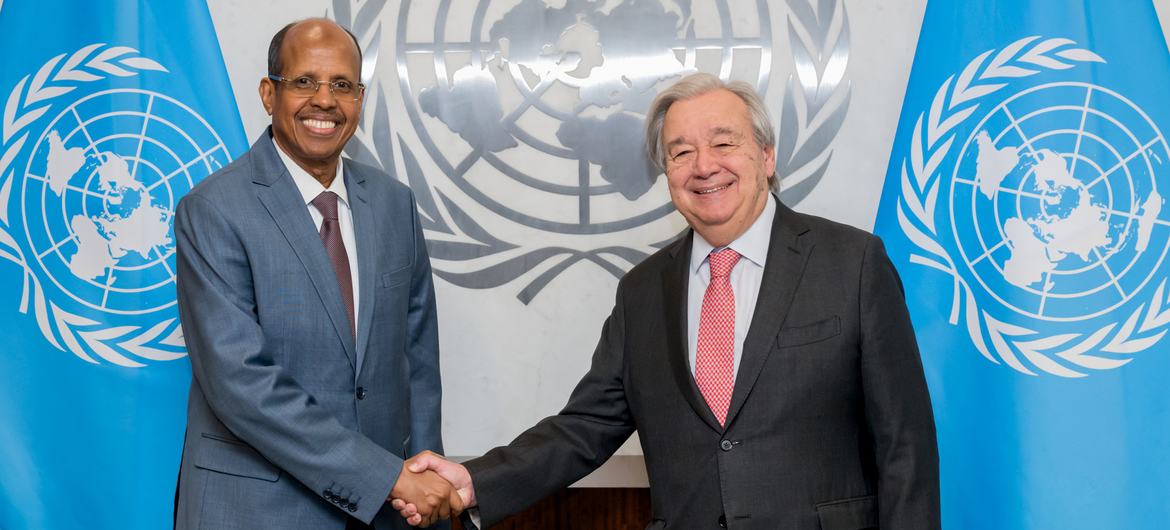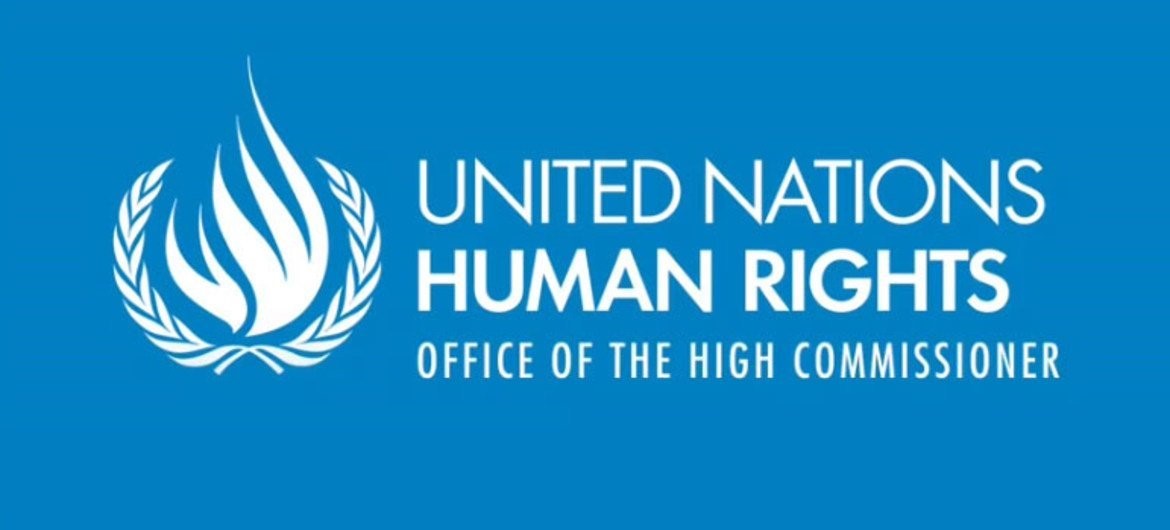CPJ: Journalists Imprisoned In 2020
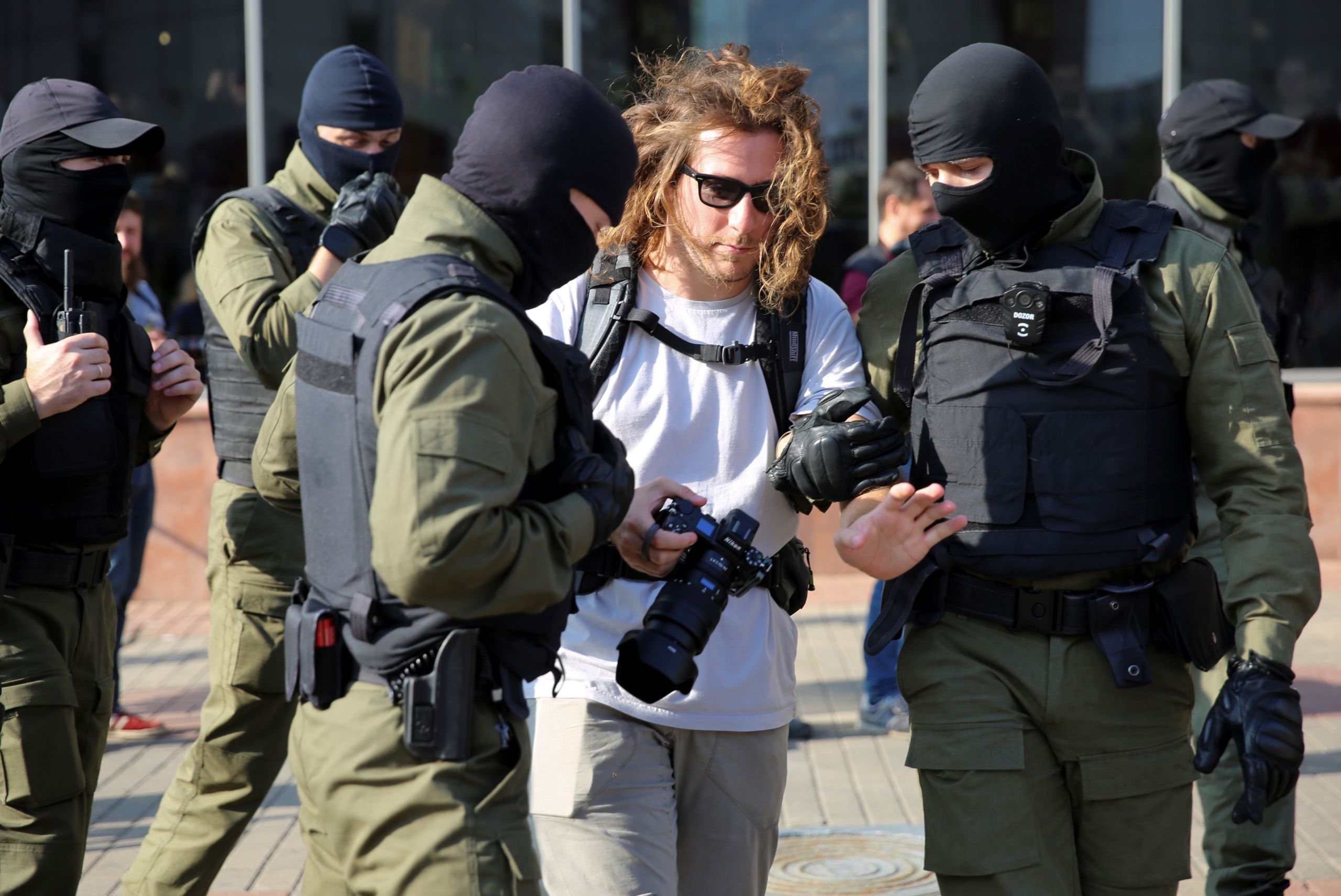
A record number of journalists were behind bars this year, a US-based watchdog said, accusing governments worldwide of suppressing the media and increasing misinformation amid the COVID-19 pandemic.
At least 274 journalists were imprisoned during 2020, the Committee to Protect Journalists (CPJ) said on Tuesday, the most since the New York-based group began collecting data in the early 1990s.
At least two journalists died after contracting the coronavirus in custody, the report said.
Protests and political tensions were the cause of many arrests, most of which were made in China, Turkey, Egypt, and Saudi Arabia, it said.
The worst offender was China for the second consecutive year, the survey found, with 47 reporters behind bars and where authorities only last week imprisoned a Bloomberg employee on suspicion of endangering national security.
“It’s shocking and appalling that we are seeing a record number of journalists imprisoned in the midst of a global pandemic,” CPJ Executive Director Joel Simon said in a statement.
The report blamed a lack of global leadership on democratic values, and in particular attacks on the media by US President Donald Trump, which it said gave cover to authoritarians to crackdown on journalists in their own countries.
“The record number of journalists imprisoned around the world is President Trump’s press freedom legacy,” Simon said.
While no journalists were in prison in the United States as of December 1, 110 were arrested or charged in 2020, many while covering demonstrations against police violence, the CPJ said.
Countries where the number of jailed journalists rose significantly include Belarus, where the re-election of its long-time president sparked mass protests, and Ethiopia, where political unrest has led to armed conflict.
The report found that two-thirds of imprisoned journalists were charged with anti-state crimes such as “terrorism” or membership of banned groups, while no charges were disclosed in nearly 20 percent of cases.


